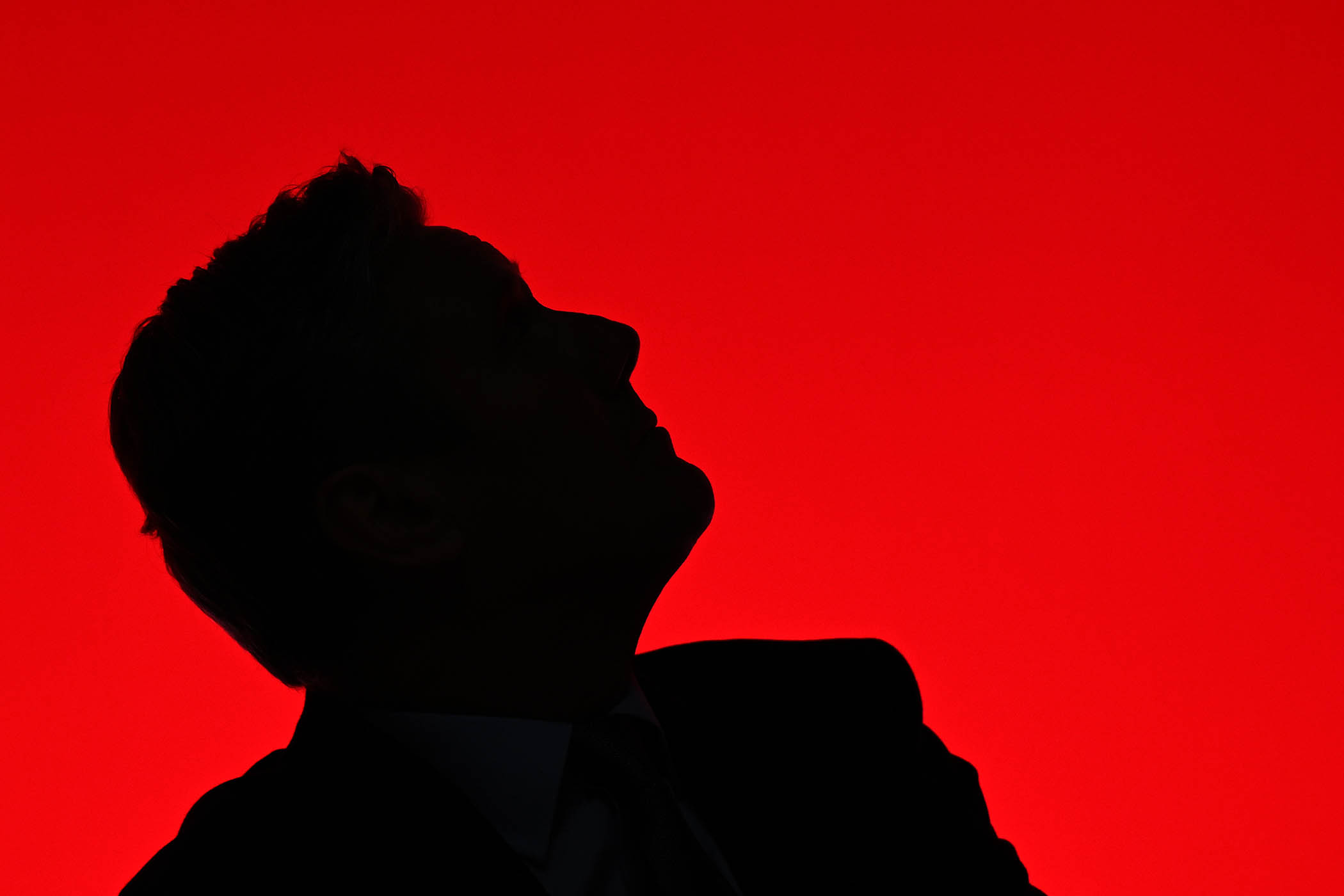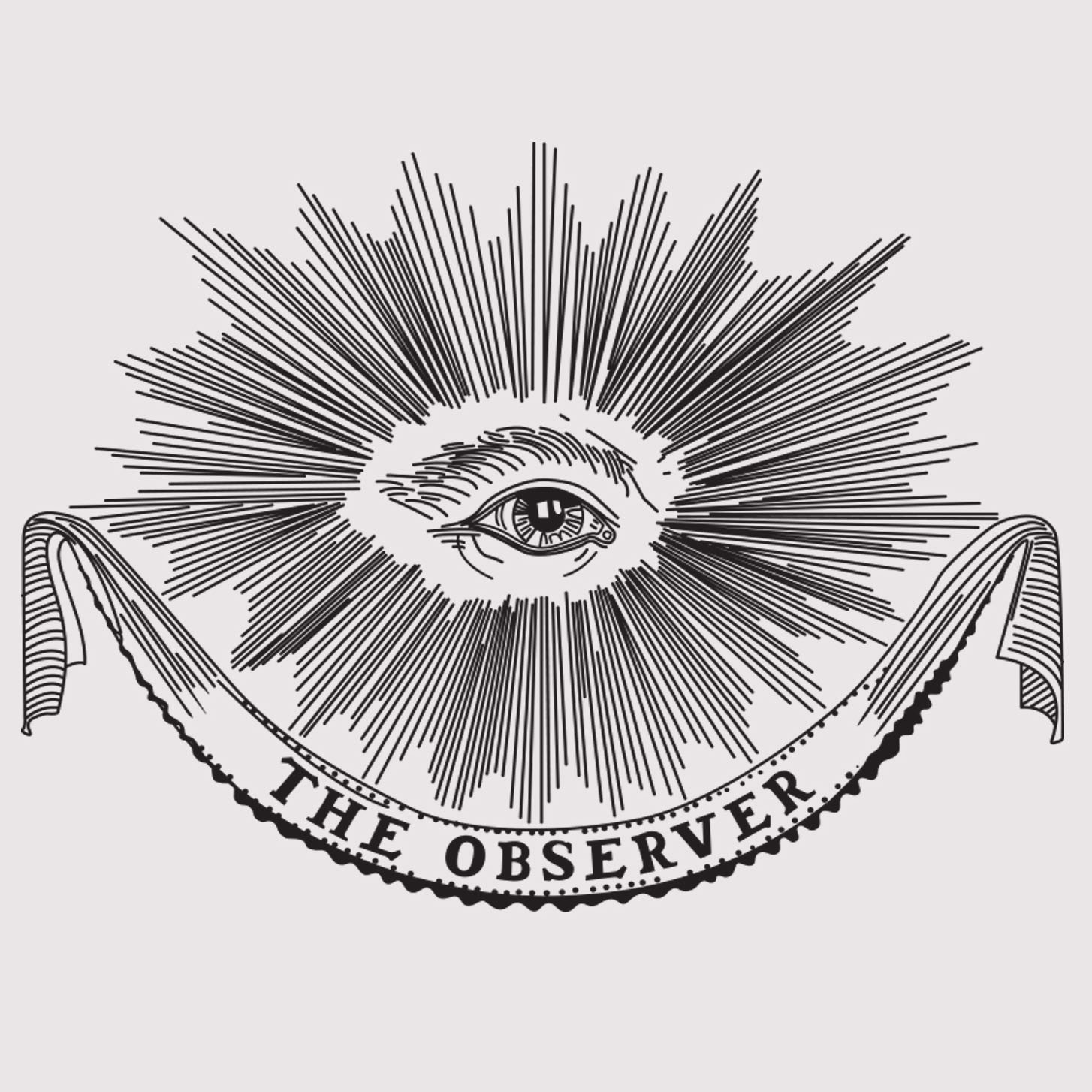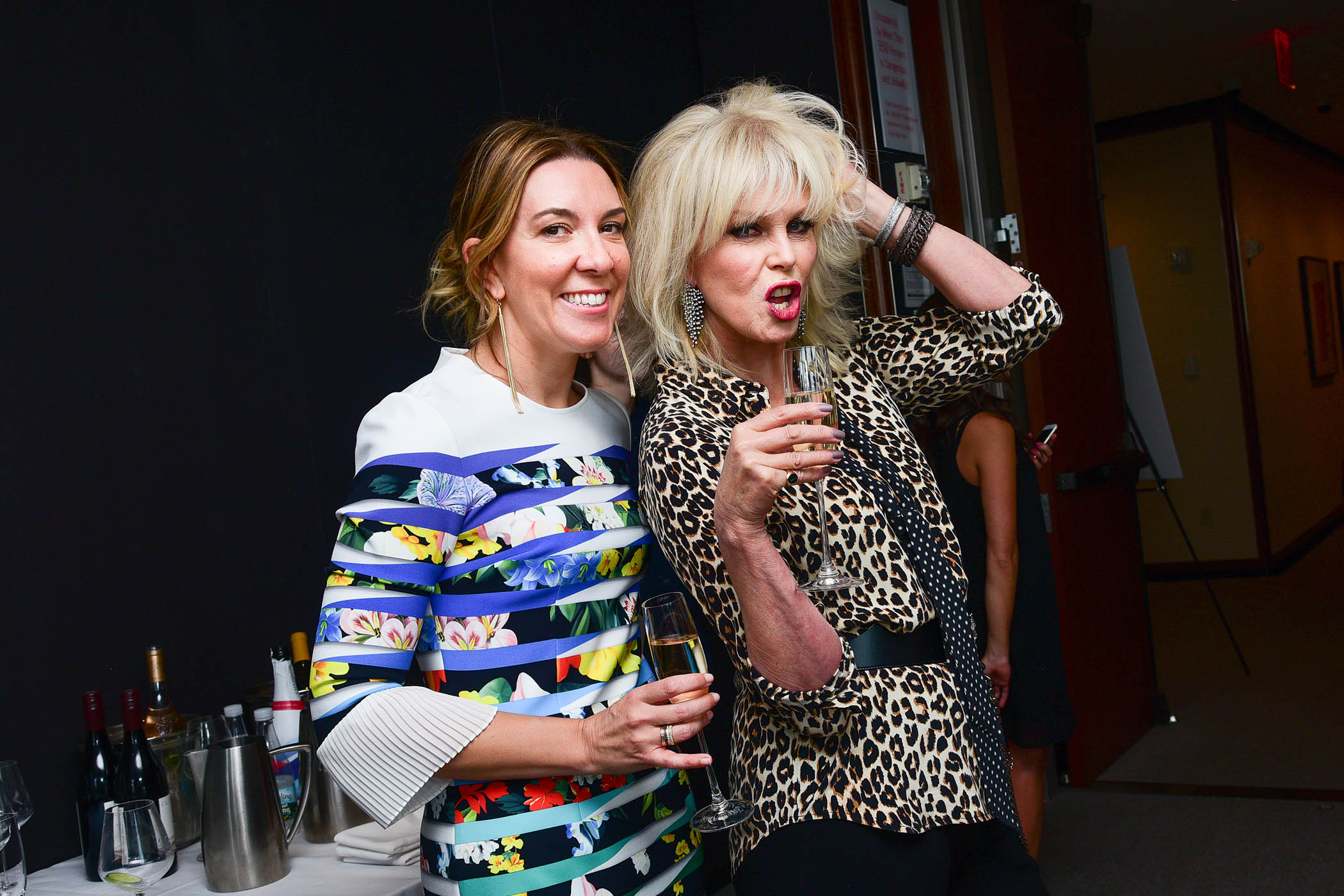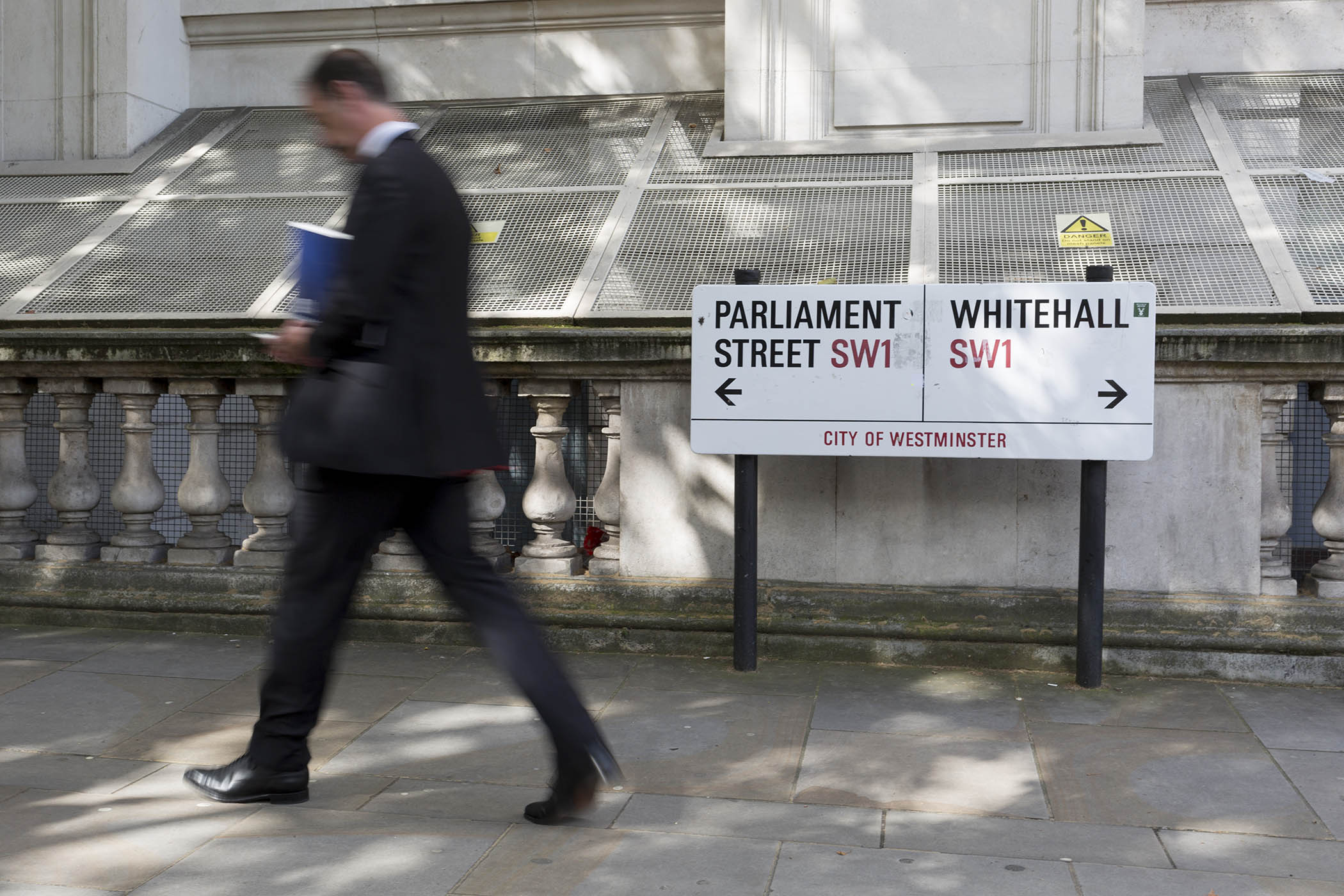Labour and the Conservatives both go into their party conferences with big doubts about their leaders. Keir Starmer’s MPs see him as becalmed. Kemi Badenoch’s see her as beyond rescue. It will make for a fortnight of speculation at the end of which little will have changed. But a debate that needs to happen is whether Labour sticks or moves on its manifesto.
It’s easy to say the party is damned either way. If it tries to rewrite its pledges on VAT, income tax, national insurance and public spending, it becomes a party that breaks promises. If it keeps those promises it risks building inefficiency into the tax system, swelling the size of the state, running up the cost of capital and destroying what trust Labour has built up as a steward of the economy. Either way, it spells defeat in 2029.
What is best for the country? The Labour manifesto of 2024 was flawed and feeble. Regardless of the political calculations that might have justified it at the time, the world has changed. Trump’s tariffs have hit exports. His impatience with Putin’s war has made it Europe’s problem. Labour didn’t come into office promising to ramp up defence spending, but it must now. It did want to reform welfare but failed to reckon with its own backbenchers. This government has made spending decisions based on realities it has found in office, and it should base future decisions on reality too – on welfare, tax, debt, regulation and broader economic management.
The risk of a bond market crisis is real. Governments are borrowing more, so lenders can exact a higher price if not confident of countries’ ability to repay. In the UK specifically there’s a sense in the markets that Starmer is not in control of events; that the size of the state keeps growing; that welfare reform is a lost cause. Andy Burnham will give them the shivers.
No company that witnessed the kind of change seen in the past year would survive if it refused to adapt. The government should adapt, too. If it the signalled now that it was willing to revisit its manifesto, it would give itself and the country new options that could enable growth, fix the public finances and properly fund public services. These options include ending the pensions triple lock; taxing more fairly by shifting the burden from national insurance contributions to income; moving from stamp duty to another band of council tax; and restoring incentives for entrepreneurial investment both in the tax code and in rules for high-skilled visas.
Voters don’t like broken promises, as Nick Clegg will attest. Nor do they like income tax rises. But they may reward honesty. Two truths worth driving home are that the property tax system based on stamp duty is broken and unfair, and the triple lock is unsustainable. Starmer and Rachel Reeves deserve credit for not pretending they can spend freely without consequence; now is not the time to start.
Everyone meeting in Liverpool would like to start again. Explaining the principles behind the manifesto and why it needs to be revisited would be a good way of doing that in the best interests of the country. And the country’s success and self-confidence is the only tide that, in the end, can carry Starmer’s Labour to a second term.
The war on science
Modern American wealth and power is built on science: the chemistry of the industrial revolution, the physics of the Manhattan Project and computing, the biology of medicine and genetics. For most of the past century, US universities and research-led businesses have harnessed the methods of the enlightenment, funds from the federal government and brains from all over the world to supercharge an all-conquering experiment in capitalism and innovation.
Almost casually, the Trump administration is tearing that edifice apart. Calling anthropogenic climate change a hoax cedes the green energy revolution to China. Calling acetaminophen a risk to pregnant women is cruel, performative ignorance. Charging $100,000 for an H1-B visa is almost as self-defeating as Brexit. That it will steer brilliant people elsewhere is some consolation, but not much.
Photograph by Oli Scarff/AFP via Getty Images
Newsletters
Choose the newsletters you want to receive
View more
For information about how The Observer protects your data, read our Privacy Policy



